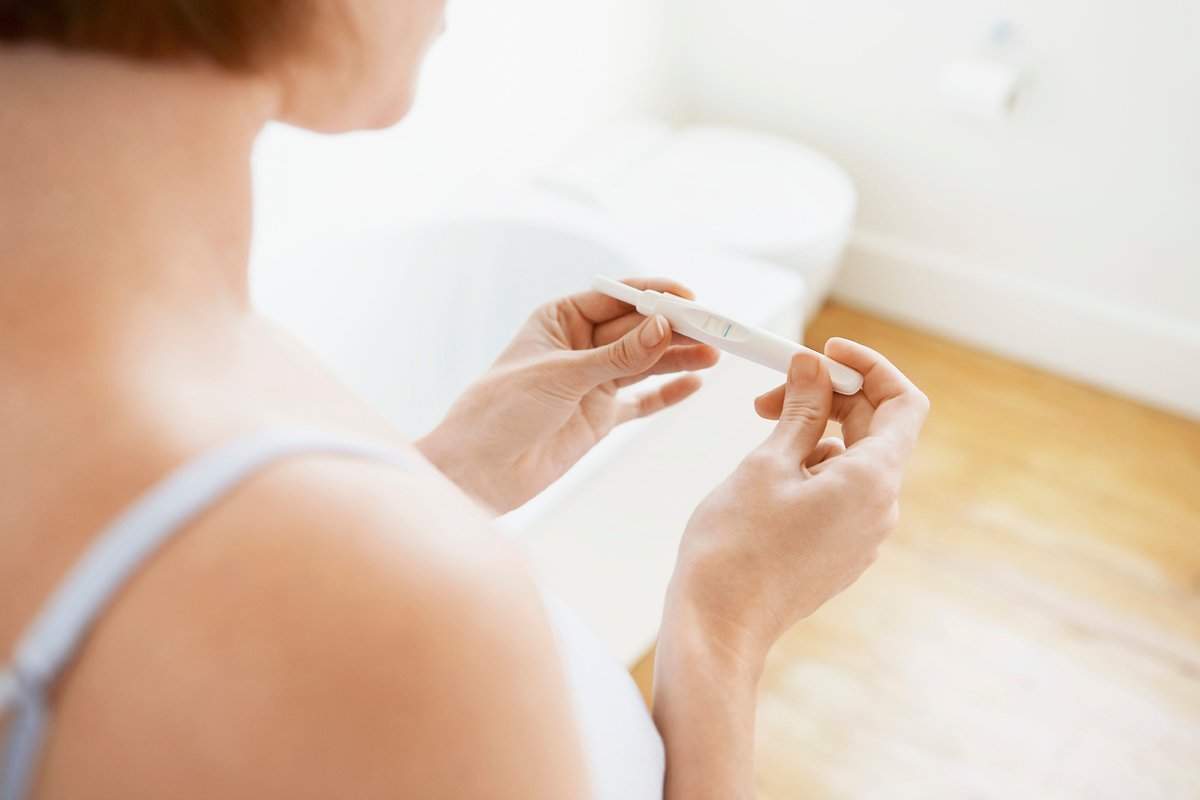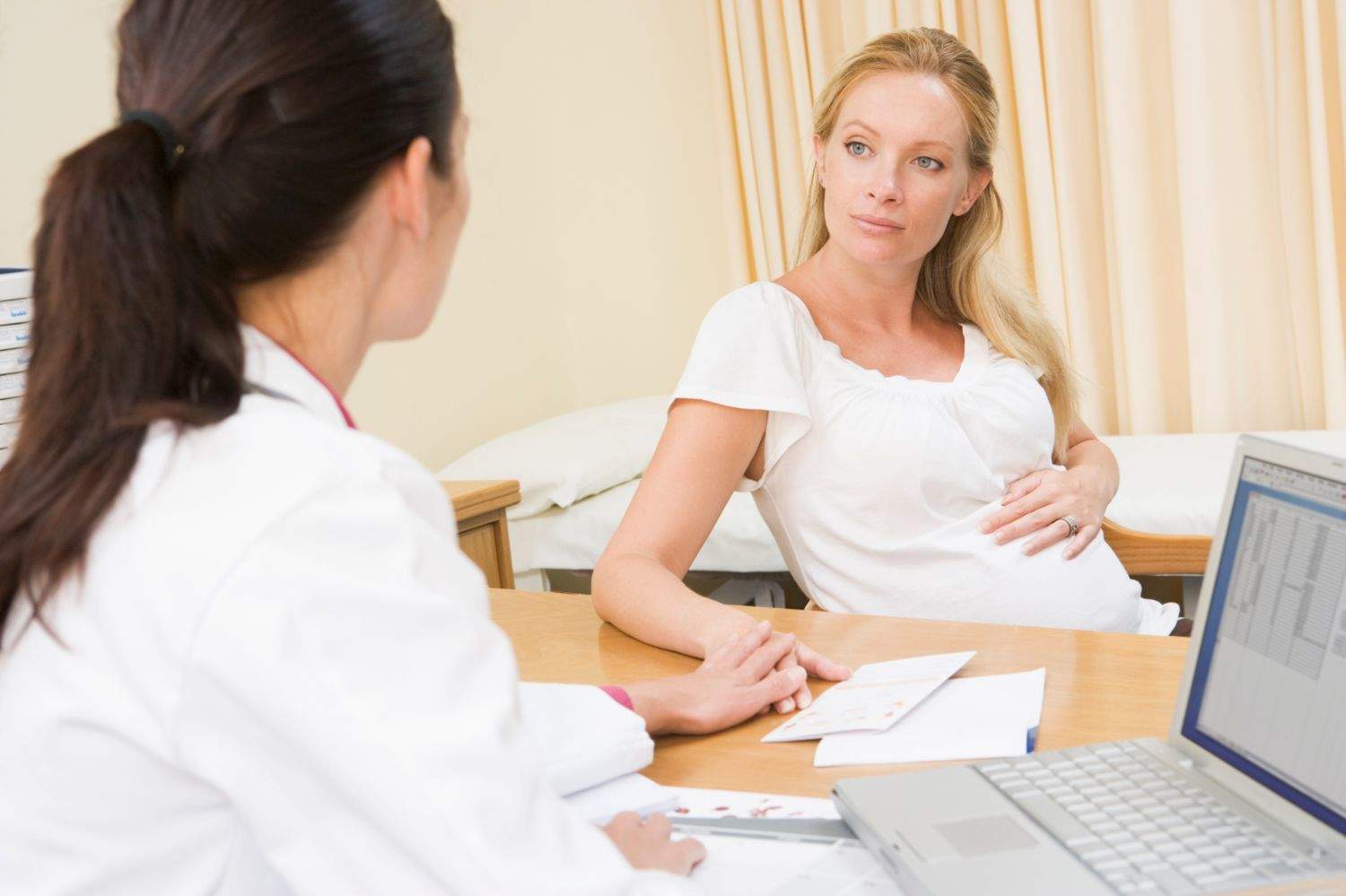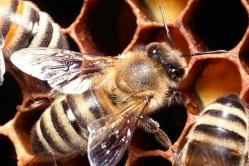Antipyretics for children are prescribed by a pediatrician. But there are emergency situations with fever when the child needs to be given medicine immediately. Then the parents take responsibility and use antipyretic drugs. What is allowed to be given to infants? How can you lower the temperature in older children? What medications are the safest?
Many young parents believe that pregnancy during lactation is impossible. And they are deeply mistaken, since such a phenomenon as children of the same age or babies born in January and November - December of the same year occurs quite often.
Pregnancy during lactation is unplanned, unexpected and unexpected. This is a colossal load on all systems of the body, which has not yet recovered from pregnancy and childbirth. In addition, it is emotional stress for the woman.
Lactation - what happens in a woman’s body
In the minds of modern women, breastfeeding is a delicate, gentle process and depends on a large number of factors.
In fact, the process of producing breast milk is controlled by 2 hormones - oxytocin and prolactin. The first is also responsible for contraction of the uterus after childbirth and positive emotions when looking at the baby.

The second is prolactin, which is responsible for the production of milk. After pregnancy, physiological hyperprolactinemia develops. That is, the biologically active hormone is produced in excess compared to the woman’s normal state. After feeding is completed, the amount of prolactin produced returns to physiological normal.
The mechanism is fragile and the success of breastfeeding depends on a number of factors:
- general hormonal status of a woman;
- how the birth went - physiologically or with complications;
- when the baby was put to the breast - in the delivery room or later;
- emotional state of the mother;
- feeding the baby on demand, outside of strict time frames.
Successful breastfeeding depends on the successful functioning of the “mother-baby” tandem, since the child’s efforts cause an increase in milk production.
Prolactin and ovulation
In order to become pregnant, a woman must resume her menstrual cycle. Ovulation occurs on days 12–14 of the cycle. If you do not use contraception, then with a successful combination of circumstances, the probability of pregnancy while breastfeeding is as high as in any other monthly cycle.
Elevated levels of prolactin inhibit the ovulation process. There is a pathological condition - hyperprolactinemia - in which the maturation and release of follicles from the ovaries stops and infertility develops.
With a physiological excess of hormone production after completion of lactation, the level of prolactin decreases and ovulation is restored. With a pathological excess of a biologically active substance, pregnancy is impossible.

This mechanism served as the basis for the opinion that contraception may not be used during active lactation.
The effectiveness of lactation as a means of contraception
Pregnancy during the lactation period is impossible if the following rules are observed:
- The menstrual cycle has not yet returned. Any spotting within 42 days after delivery is not considered a period. This lochia is part of the rehabilitation process.
- The baby receives only breast milk and has enough food. The little one eats on demand, not according to the clock.
- The baby's age is from birth to 6 months.
If all these requirements are met, the probability of a new pregnancy is 2%.
The restoration of ovulation and the onset of menstruation is difficult to predict. If a woman does not breastfeed, the cycle is restored within 2 months. With normal lactation, the first menstruation can begin after 8 weeks and a year and a half after birth.
It should be remembered that ovulation in representatives of the homo sapiens species occurs unnoticed both by those around them and by the woman herself. So monthly bleeding may not yet occur, and pregnancy may already be an established fact.
Signs of pregnancy during the lactation period
The classic symptom of pregnancy is the absence of menstrual bleeding. What if they didn't come?

Indirect signs of an interesting condition in a nursing woman:
- The baby begins to refuse the breast. During pregnancy, the taste of milk may change. This occurs due to changes in a woman's hormonal levels.
- Pain in the breasts during feeding. This occurs due to increased sensitivity of the nipples in the first trimester of pregnancy.
- Pain in the lower abdomen. When the baby is fed, oxytocin is released. At the same time, the uterus begins to contract, causing discomfort. If the pregnancy proceeds without complications, then feeding will not cause miscarriage or premature birth.
- Decreased milk production. It is more important for the body to support pregnancy than to feed an already mature baby.
- Toxicosis in all its manifestations - nausea, vomiting, frequent urge to urinate, sometimes increased appetite and desire to sleep.
To breastfeed or not?
The pregnancy took place and was accepted as a fact. What to do next - continue to feed the elder or stop? There are a number of absolute contraindications to continued lactation:
- threat of miscarriage;
- bleeding during previous pregnancy or childbirth;
- pronounced toxicosis;
- anemia;
- cervical incompetence;
- 2 or more fetuses in the uterus during a real pregnancy.
If there are no absolute indications for interrupting lactation, then the woman should decide on weaning together with her gynecologist.
There are 2 solutions to this problem:
- If the child is older than 6 months, then complementary foods are gradually introduced and lactation ends.
- If the baby is older than a year, then it is possible to feed both the older and the younger at the same time. In this case, the older child needs the mother’s breast more as a factor of stability and a sedative than a source of food. Therefore, the youngest will not suffer from a lack of milk.
- Pregnancy and lactation are a reality in the absence of proper contraception.
- Even if you haven't started your period yet, you can get pregnant. The timing of ovulation after childbirth is difficult to predict.
- Sexual activity after childbirth should begin only with the permission of the gynecologist. And the doctor definitely recommends using condoms for the first 3 months.
- After this period, the following methods of protection become available: spermicides, the IUD, and the use of gestagen-containing drugs.
Some conclusions
It is up to the woman to decide whether to feed the older baby or complete it after establishing the fact of pregnancy. But if lactation continues, it is advisable to stop breastfeeding 6–8 weeks before the expected date of birth.



